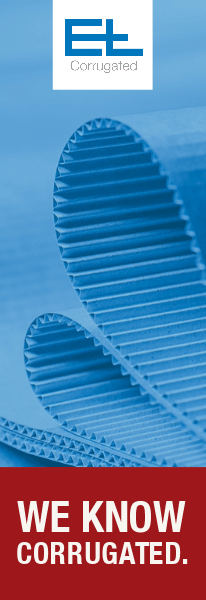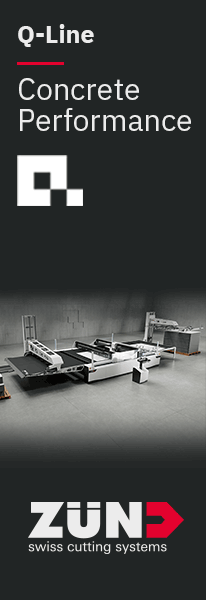In its latest FFI flash survey, a report from Fachverband Faltschachtel-Industrie (German Folding Carton Association) says almost 90% of the 40 participating folding carton manufacturers stated that communication in the supply chain had improved significantly compared to pre-COVID-19 times, but this does not apply equally to all customers.
“A fundamental change of mindset is required, especially among brand owners and customers from retail,” says Andreas Helbig, FFI board spokesman. “Folding cartons are becoming more and more popular. Just as at the moment, we suspect that demand for recyclable and sustainable folding cartons will also increase in post-COVID times.”
At the same time, the current COVID-induced demand peaks meet a supply side that is running under full load and declining in its capacities. “What we need, therefore, is planning security and predictability,” Helbig adds. He says it is not appropriate, when customers pre-order fictitious demands out of uncertainty about the supply of folding cartons, for example in the form of flat annual volumes of packaging. “In contrast, we now need much more open communication between suppliers, converters and customers to bring the demand for folding cartons and the supply of cartonboard back into better balance and to prove the fundamental stability and resilience of the supply chain for folding cartons. It is therefore the responsibility of customers to realistically plan their actual demand for packaging in order to ease the situation and to exchange views on this with their suppliers on the basis of trust and transparency. We as the folding carton industry are making the greatest efforts ourselves to contribute to ease the situation.”

Andreas Helbig, Spokesman FFI Board, says, “Supply chain partners need to exchange more intensively to improve cartonboard supply.”
Supply remains tight
The urgency for more intensive communication in the supply chain emerges from the current FFI survey, which was conducted in the first week of February to assess the situation at the beginning of the year after the last flash survey in autumn 2021. According to the new survey, only 12.5% of survey participants reported that current delivery times for virgin fibre cartonboard had not changed compared to October 2021. In contrast, 77.5% of folding carton manufacturers reported extensions of between four to 16 weeks. The same picture is seen on the recycled carton side.
Prices are upThe supply situation is reflected in the development of procurement prices. The majority of survey participants report at least double-digit percentage price increases, regardless of the fibre type. The price jumps since the last FFI flash survey in October 2021, were up to 25% for recycled cartonboard, in individual cases over 30%. For virgin fibre cartonboard, the price increases since then have amounted to up to 25%. The increases were implemented in several steps, with further increases announced.
Stable demandSeveral causes have been identified for the supply chain development that has been worsening for months. COVID-19 and the governmental and self-imposed measures to contain the pandemic had a far-reaching impact on consumers’ meal and supply habits. Even though there was volatility in individual folding carton segments, on balance the German and European folding carton industry experienced and continues to experience greater demand for cardboard based packaging. Quite a few market observers suspect that this growth in demand could also prove stable in post-COVID times, with reference to the possible substitution effects towards recyclable folding cartons and other fibre-based packaging that comes from natural, renewable and certified sustainable raw material source of wood or from recycled paper. These developments and trends on the object-driven side of the market are coupled with a supply side that is running under full load and is seeing its capacities decline.
Dangerous spiral
Against this background, the temporary raw material shortages for cartonboard manufacturers – as well as the brought forward energy price developments – and the increased demand for folding cartons and fibre-based packaging in many regions of the world have set in motion a worrying development. This finds expression in long delivery times, increased prices, supply limitations and entails supposed safety measures such as even earlier orders and higher order quantities along the entire supply chain. This also includes the reflexive build-up of inventories, which is confirmed by the information in the flash survey. However, this picture is heterogeneous: 50% of companies have seen an increase or large increase in raw material inventory since October 2021, whereas 25% report a decrease or large decrease.
Communication is key
In order to calm the situation, brand owners and customers from retail should take more responsibility by planning their packaging requirements realistically according to the period and by intensively exchanging information with their suppliers within the framework of existing business relationships. The folding carton industry, for its part, is making great efforts to contribute to ease the situation.



